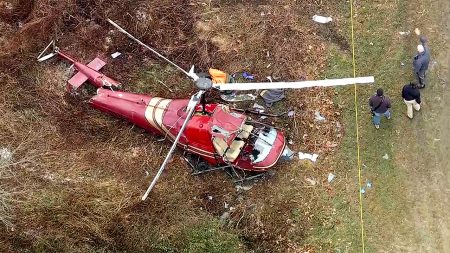President Lee Jae Myung’s Comments on South Korean Workers Returning Home After Immigration Raid
In a significant development, President Lee Jae Myung addressed the situation of hundreds of South Korean workers who were caught in an immigration raid and were scheduled to return to their homeland on Thursday. The President’s comments came at a critical moment as the workers prepared to board flights back to South Korea, leaving behind their hopes and dreams in a foreign land.
The immigration raid, which resulted in the detention of numerous South Korean nationals working abroad, has highlighted the complex issues surrounding international labor migration and the vulnerabilities faced by foreign workers. President Lee’s remarks addressed both the immediate concerns for the affected individuals and the broader implications for South Korea’s labor policies and diplomatic relations. He emphasized the government’s commitment to protecting the rights and welfare of its citizens abroad while acknowledging the need to respect the immigration laws of other countries.
Many of the returning workers had left South Korea seeking better economic opportunities, often supporting families back home with their earnings. Their sudden detention and deportation have created personal hardships and financial uncertainties for them and their dependents. President Lee expressed compassion for their situation and promised government assistance to help them reintegrate into South Korean society, including potential employment opportunities and social support services to ease their transition back home.
The President also touched on the diplomatic aspects of the situation, indicating that his administration would engage with the relevant foreign governments to ensure fair treatment of South Korean nationals while working to prevent similar incidents in the future. He stressed the importance of bilateral cooperation on immigration matters and the need for clearer frameworks that protect migrant workers while respecting national sovereignty and immigration regulations.
This incident occurs against the backdrop of South Korea’s evolving role in the global economy and labor market, with the country experiencing both inward and outward migration flows. President Lee suggested that this experience would inform domestic policy discussions about labor mobility, international employment practices, and the protection of migrant workers’ rights regardless of nationality.
As the affected workers prepared to board their flights home, President Lee’s words offered some comfort and reassurance that they would not be forgotten upon their return. The government’s response to this incident will likely shape South Korea’s approach to protecting its citizens working abroad while potentially influencing international discussions on migrant labor rights and responsibilities in an increasingly interconnected global economy.










